Songkran, Thailand’s traditional New Year, is traditionally celebrated by getting drunk, getting into your pick-up truck or onto your motorcycle, then getting killed (or kill someone else). Admittedly, this year’s Songkran, earlier in the month, wasn’t a particularly good one. There were only 2,828 accidents, 321 dead and 3,040 injured over the 7 days of celebration. Fractionally more than last year, but far fewer deaths than on a really good year. Still, there’s always next year to look forward to – apart from for those who successfully ended their existences.
Songkran is such a fun time that the ruling Pheu Thai party decided a few days before it was much more entertaining to extend the parliamentary recess, rather than continuing its most important work of implementing widely opposed constitutional reform to grant its criminal fugitive leader a “get out of jail free” card so he can return to Thailand wisely governing the country. I rather suspect former PM Thaksin may be a little miffed at this.
Songkran is also marked by throwing bucket-loads of cold, dirty water over total strangers. Quite how a quaint tradition of pouring jasmine-scented water over the hands of one’s elderly relatives in blessing evolved into this carnage and mayhem is rather a mystery.
Anyway, faced with Songkran once more, I had to decide whether to stock up the freezer and lock myself in my house with a good book and a better bottle of whisky for a few days, or to travel to foreign parts. I took the road less travelled and headed off to Hong Kong and Macau.
I flew from Don Mueang airport, as it’s now spelled. (Before it was Don Muang, though neither spelling gets anywhere close to reflecting how it’s pronounced. Still, its spelling is rather a better shot than the totally impenetrable Suvarnabhumi.) This was the first time I’d flown from there since the floods of 2011 which inundated the place causing extensive damage. Even today only one of the three terminals has reopened, with a second scheduled to reopen in 2015. To be honest, there was little visible evidence of the flood damage, and the only bad flooding I encountered was in the gents toilet where, it appears, a significant number of men had been, shall we say, directionally challenged?
There were a lot of ethnic Chinese gentlemen waiting to board the flight to Hong Kong. It appears that they had also got into the Songkran spirit – “play Songkran” as Thai people say. As I entered the gents I was liberally sprinkled by a man shaking his hands as he exited. So much more fun to “play Songkran” than use the paper towels and hot air driers provided! Indeed, as I washed my hands post-pee, another Chinese gentleman decided to play Songkran all over my trousers as I stood at the sink. Such Chinese enthusiasm for a Thai tradition – even though Songkran wasn’t due to start until the next day!
***
I arrived at my hotel rather late, and immediately went searching for somewhere to eat. Most places were closed, including the Chinese restaurant I’d earmarked for a visit. Ended up having a Vietnamese meal, which wasn’t quite what I’d expected for a visit to one of the world’s culinary capitals. The meal was decent enough, though.
Walking the streets I was somewhat surprised by the large number of Russians there. I was also surprised by the number of groups of men sitting on the street drinking alcohol. And despite racial stereotypes, these two groups didn’t overlap. My overwhelming impression, though was of the stench of dried seafood; my hotel was in a traditional dried seafood-selling area, selling every conceivable part (and quite a few inconceivable parts) of a fish dessicated. And in the morning light I would see streets full of shops selling these stinky delights, some simple places with boxes of what appeared to be foul-smelling cardboard stacked outside, and others with décor akin to a Swiss private bank, or a very upmarket jewellers with the finest specimens of olefactorily offensive fish offal displayed in glass cases.
And so my Hong Kong adventure began.
[HK&M 1]
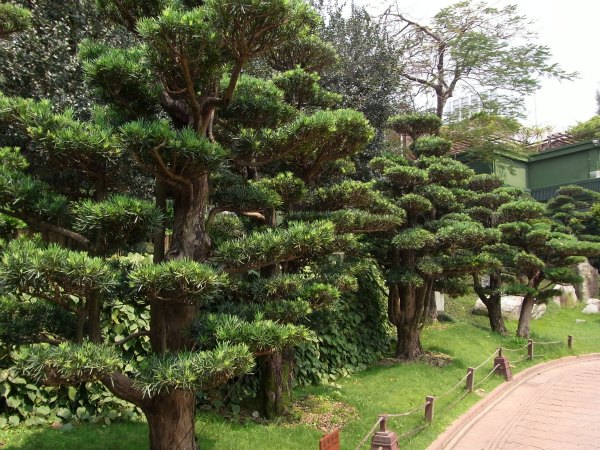
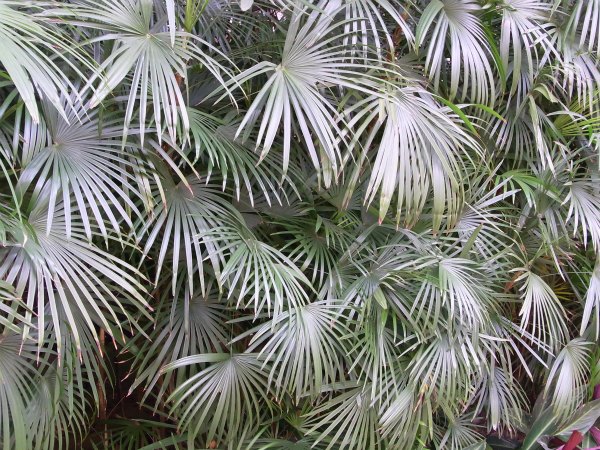
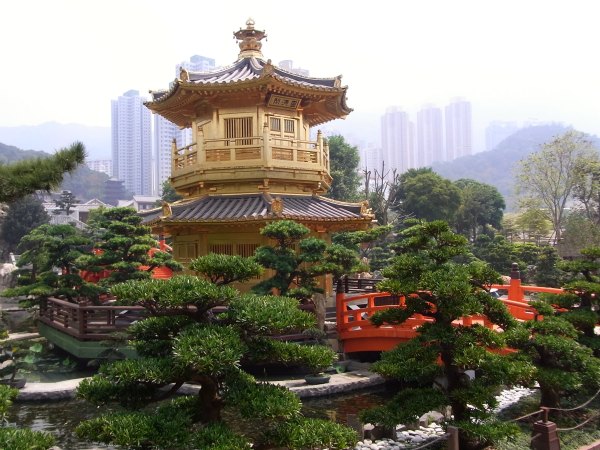
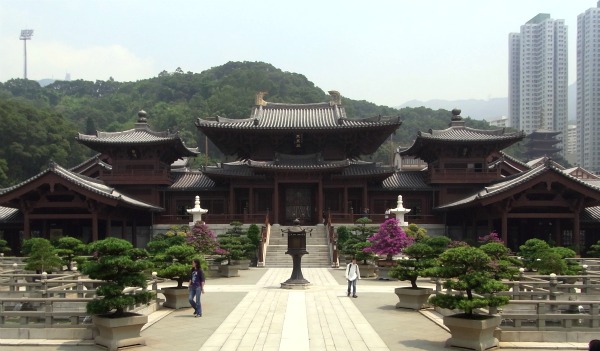

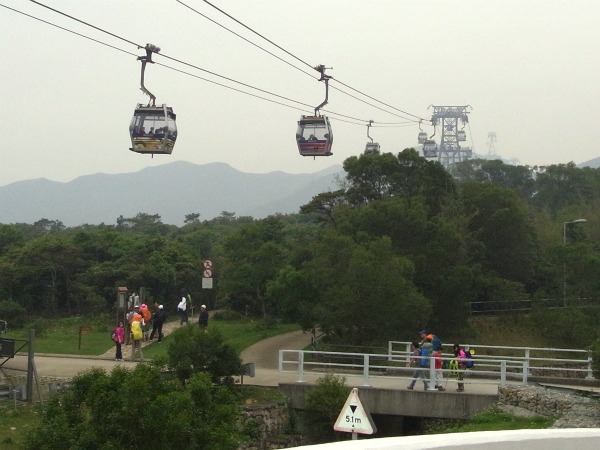
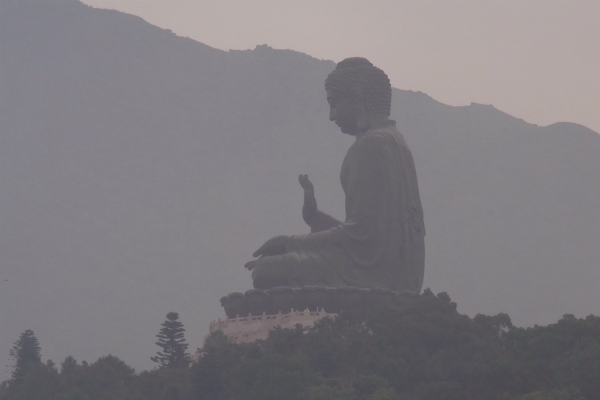
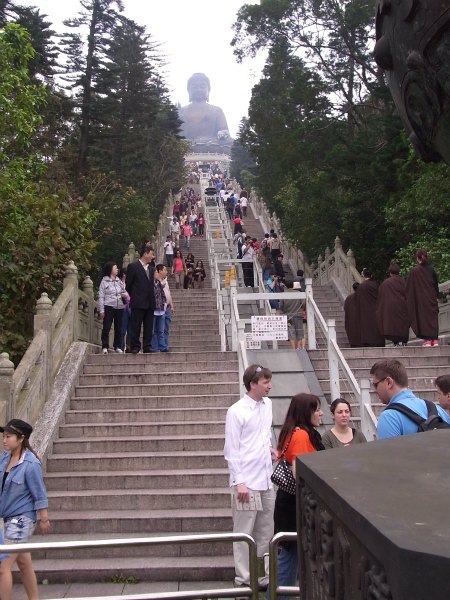
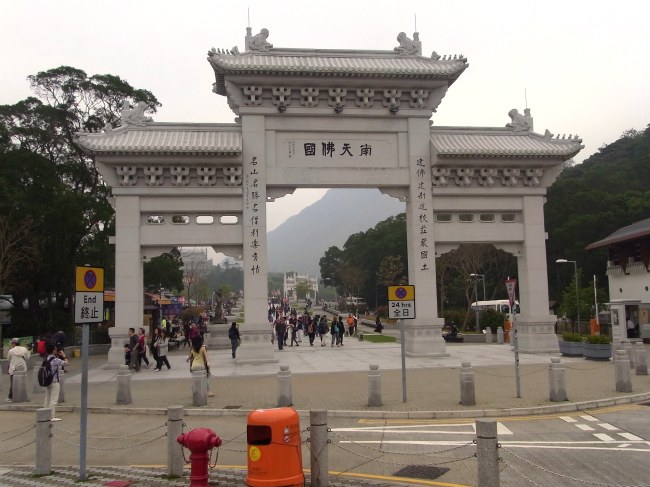
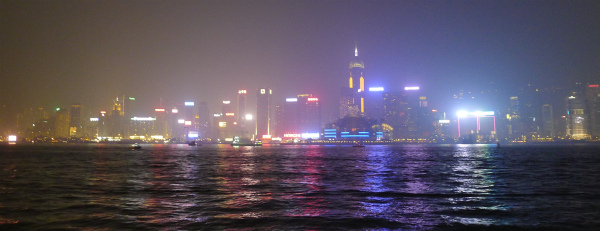
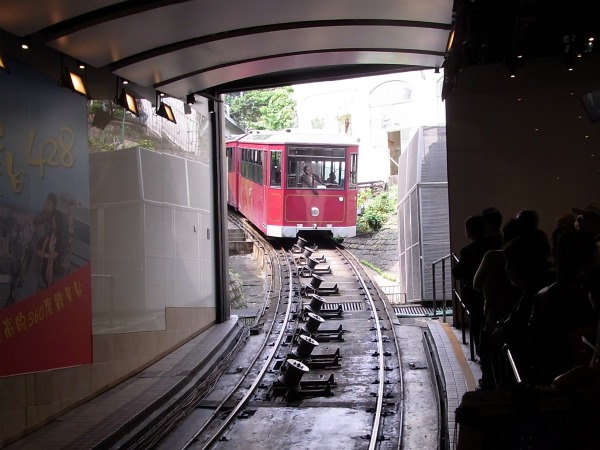
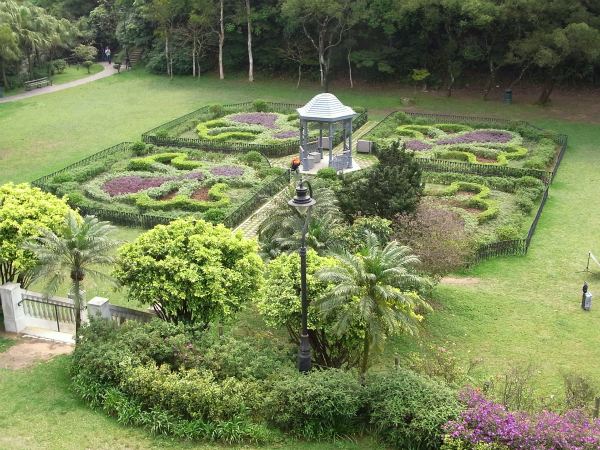
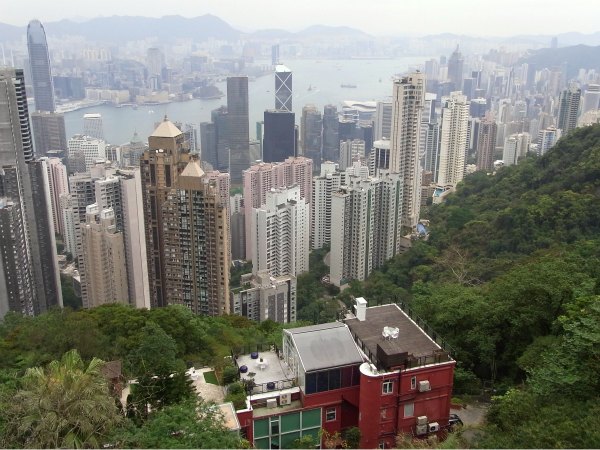
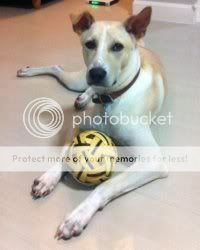


Recent Comments